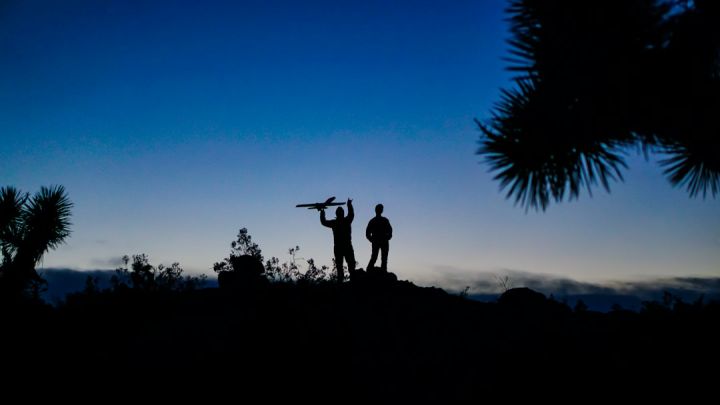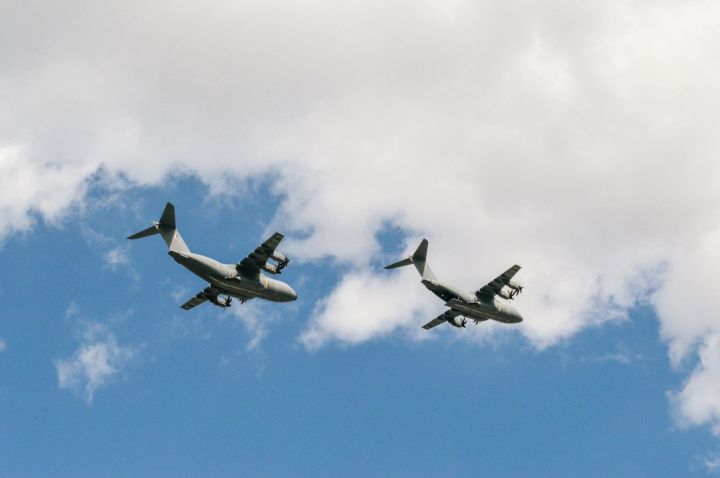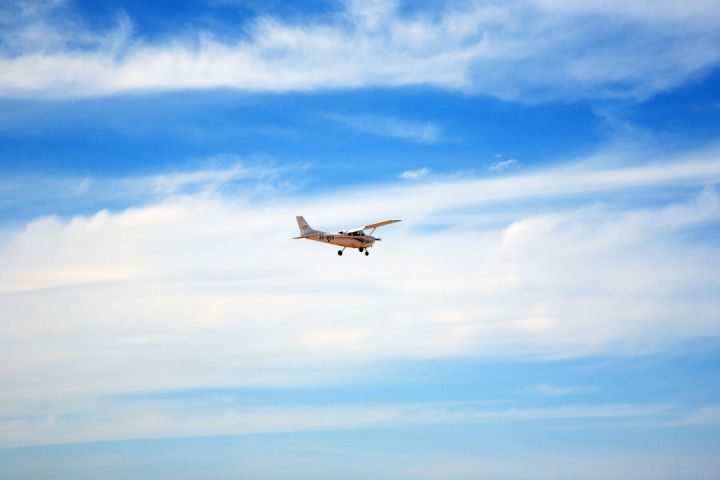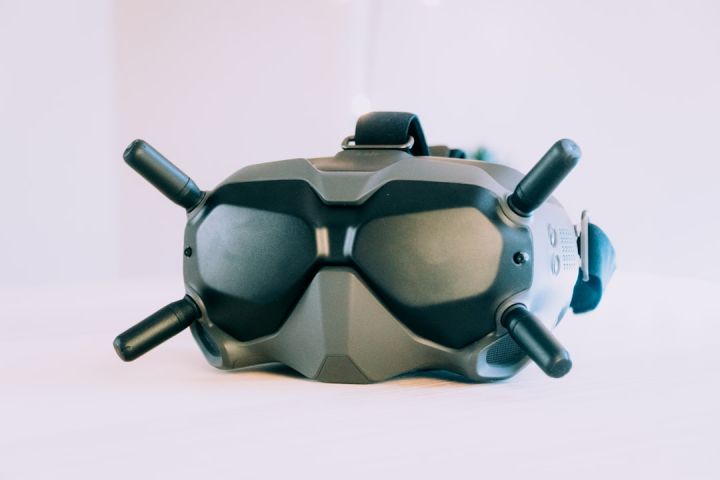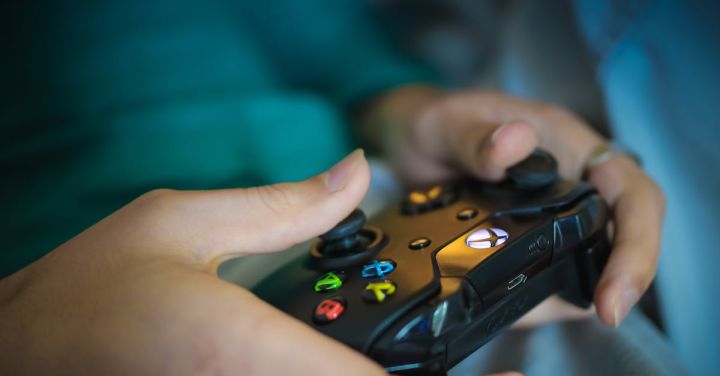What Are the Key Skills to Master as a Rc Pilot?
Remote control (RC) planes and aircrafts have become increasingly popular among hobbyists and enthusiasts. From small-scale drones to intricate model airplanes, piloting these remote-controlled devices requires a unique set of skills. Whether you are a beginner or a seasoned pilot, mastering these key skills is essential to ensure a safe and enjoyable flight experience.
Understanding the Basics
Before taking to the skies, it is crucial to have a solid understanding of the basic principles of flight. This includes knowledge of aerodynamics, lift, drag, and thrust. Familiarize yourself with the different components of your RC aircraft and how they work together. This foundational knowledge will help you make informed decisions and troubleshoot any issues that may arise during a flight.
Hand-Eye Coordination
One of the most critical skills to develop as an RC pilot is hand-eye coordination. Flying an RC aircraft requires precise control and maneuvering. You need to be able to accurately interpret what you see on the ground and translate it into precise movements with the controller. Regular practice and simulation training can help improve your hand-eye coordination, allowing you to make quick and precise adjustments while in flight.
Spatial Awareness
Having a good sense of spatial awareness is essential for navigating your RC aircraft. You need to be able to judge distances and depths accurately, especially when flying at high speeds or in tight spaces. Developing spatial awareness takes practice, so start with simple maneuvers and gradually increase the complexity as you become more comfortable. Regularly challenging yourself with different flight patterns and obstacles will help sharpen your spatial awareness skills.
Communication and Listening Skills
Communication is crucial when flying RC aircraft, especially if you are part of a group or club. Understanding and following instructions from air traffic controllers or fellow pilots is essential for maintaining safety and order. Additionally, actively listening to the sounds and feedback from your aircraft can help you identify any potential issues or malfunctions. Cultivating strong communication and listening skills will contribute to a more efficient and enjoyable flying experience.
Situational Awareness
Maintaining situational awareness is vital for safe flying. This involves continuously monitoring your surroundings, including the weather conditions, obstacles, and the position of other aircraft. Being aware of potential hazards allows you to make informed decisions and take necessary precautions. Regularly assess and reassess your flight plan, and always be prepared to adapt to changing circumstances.
Patience and Persistence
Mastering the art of flying RC aircraft takes time, patience, and persistence. It is normal to encounter challenges and setbacks along the way. Learning from mistakes and persistently practicing will help you improve your skills and overcome any obstacles. Embrace the learning process, stay motivated, and never be afraid to seek guidance or advice from experienced pilots.
Conclusion
Becoming a skilled RC pilot requires a combination of knowledge, technical skills, and a passion for flying. By mastering the key skills discussed in this article – understanding the basics, hand-eye coordination, spatial awareness, communication and listening skills, situational awareness, and patience and persistence – you will be well on your way to becoming a confident and successful RC pilot. Remember, practice makes perfect, so get out there and take to the skies!

